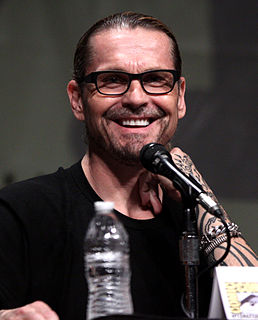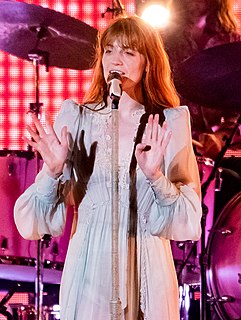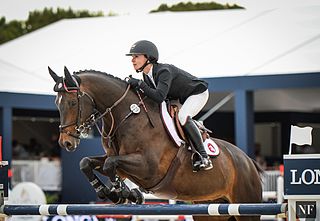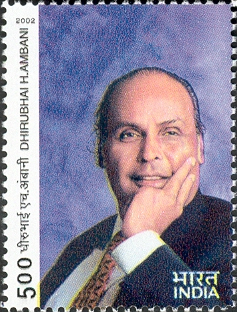A Quote by Kurt Sutter
The stuff that I learned on 'Sons,' the education of how to tell stories, was part of that mythology. It's hard to look at it and go, 'Oh, if I knew this, I would have done it this way,' because the fact is I like to think that all that sort of unraveled as it was supposed to.
Related Quotes
What I learned in 'Sons' is that I would come in with a blueprint of a season and how it would go, and I realized that the looser my grip was, the better it became because the story found itself. Things happened as I wanted them to in terms of the bigger mile markers, but the fun part was I never knew how we would get there.
I like to tell kids that I started thinking about stories when I first started reading stuff like Dr. Seuss and 'Go, Dog. Go!,' thinking, 'Oh yeah, that's funny. I'd like to do that.' And then writing throughout school, but at the same time I was studying pre-med stuff, because my mom told me I should be a doctor.
You look back at a time you idealize now and you only remember the good stuff. You tell the stories about the hard stuff and just laugh about it now. You don't remember how difficult it was to be stranded in Austin after driving 52 hours from Seattle in a rainstorm and having nowhere to stay for five hours. You remember that stuff and laugh about it now. You don't feel it the way you did back then when you were so scared and nervous and tired and hungry. We always idealize the past because we don't feel the painful stuff the way we used to.
As a comedian I don't think they look at me as a sexual person but I can see where with actors it would be a little difficult for them because its part of their mystique, it gives them an easier time to change characters and people aren't going oh we have a gay actor, their gay so I don't know if I'm gunna buy this guy with this girl, its weird, I don't think it's fair; it's only done with us, it seems, like they just accept everyone as straight and go along with it and then its oh their gay and make a big deal out of it.
I grew up in the church, and I always kind of knew Bible stories and knew the Sunday school answers, but when I was a freshman in high school I joined youth group, and that's when I started to see radical love; that's when I started to see what Christian community is supposed to look like and what fellowship is supposed to look like.
To have that radical a mind in that bourgeois-looking body was really hard for a lot of people to take, because, when my mother would want to have people over she'd tell [my father], "Don't start with the gravity stuff." And then he would invariably do this and the guests would look at each other and say, "Well, I think it's time to go now."
You can tell it any way you want but that's the way it is. I should of done it and I didnt. And some part of me has never quit wishin I could go back. And I cant. I didn't know you could steal your own life. And I didnt know that it would bring you no more benefit than about anything else you might steal. I thinkI done the best with itI knew how but itstill wasntmine. It neverhas been.
My music teacher was like, "Ester, you need to pay attention in class." I'm like, "No miss lady, 'cause I can sing." I didn't want anybody to change the way I sung. I learned by gospel CDs and by watching my momma sing; I didn't need this teacher to tell me. I wish I had, because then I would have learned how to play the damn piano or something. I would have a couple of more things under my belt if I wasn't so hard-headed.
Learning that aesthetic as a kid - seeing those photos - made me think that that's what photos are supposed to look like. I never understood snapshots. I was looking at them like, "This is horrible; that's not what a picture is supposed to look like." I was taught by these photos. So when I picked up the camera, though I had never done it before, I kind of already knew what I was doing.
I do think the challenge, in a way for me, is to write a narrative film and when you finish watching it you feel like it's a collage. You tell the narrative, you tell the story, but you feel like you've created this tapestry. But it also has a shape, a story. So I think there's a middle ground that I try to strike... away from where everyone else seems ready to go, which is, setup, payoff. You know, He's afraid of water, oh, and at the end he's swimming in water - oh, my God. I hate that stuff.





































